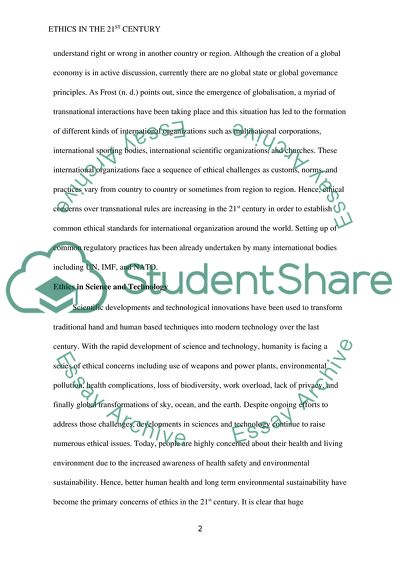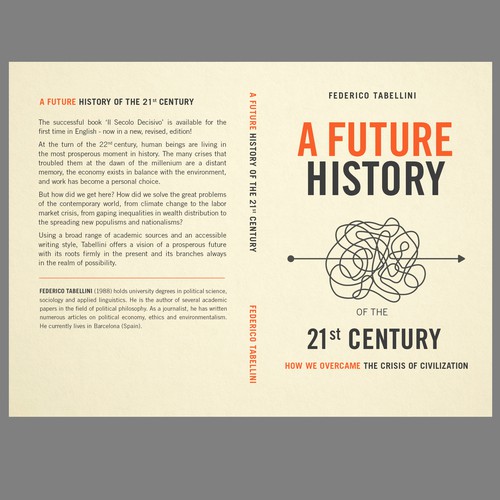Science in the 21st century has made incredible strides in a number of fields, leading to numerous advances and discoveries that have had a profound impact on the world we live in. From the development of new technologies and materials to the understanding of complex biological systems, science has played a crucial role in shaping the course of human progress.
One of the most significant areas of scientific advancement in the 21st century has been in the field of medicine. Advances in genomics, molecular biology, and pharmacology have led to the development of new treatments and therapies for a wide range of diseases and conditions. For example, gene therapies and personalized medicine have revolutionized the way we approach cancer treatment, allowing doctors to tailor treatments to the specific genetic makeup of each patient. Similarly, the use of stem cells and regenerative medicine has the potential to greatly improve the lives of people with a variety of medical conditions, including those with spinal cord injuries and degenerative diseases.
Another important area of scientific advancement has been in the field of technology. The development of the internet and the proliferation of smartphones and other mobile devices have transformed the way we communicate, access information, and do business. In addition, advances in artificial intelligence and machine learning have led to the development of autonomous vehicles, personal assistants, and other cutting-edge technologies. These advances have not only made our lives more convenient, but they have also opened up new opportunities for economic growth and development.
Additionally, the 21st century has seen significant progress in the field of renewable energy. As concerns about climate change have grown, scientists and engineers have worked to develop cleaner, more sustainable sources of energy. This has led to the development of technologies such as solar panels, wind turbines, and hydrogen fuel cells, which have the potential to greatly reduce our reliance on fossil fuels and help mitigate the negative impacts of climate change.
Finally, science in the 21st century has also made great strides in our understanding of the natural world. From the discovery of new species and ecosystems to the exploration of distant planets and galaxies, science has expanded our knowledge of the universe in ways that were once unimaginable. In addition, advances in environmental science have allowed us to better understand the impacts of human activity on the planet, and to develop strategies to protect and preserve our natural resources.
In conclusion, science in the 21st century has made incredible advancements in a wide range of fields, from medicine and technology to renewable energy and our understanding of the natural world. These advances have had a profound impact on our lives and have the potential to shape the future of humanity in ways that we can only begin to imagine.







